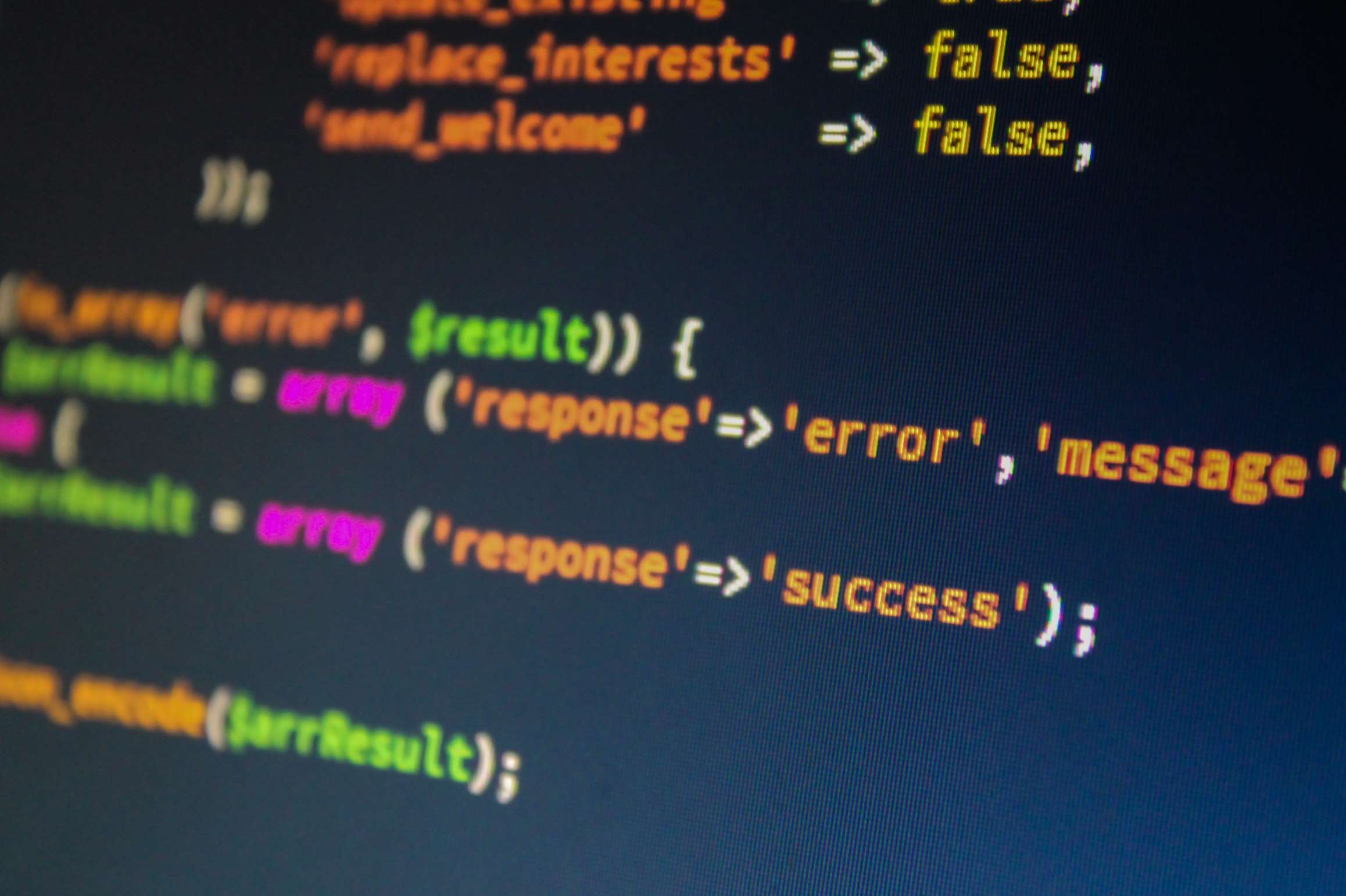As mobile apps become more popular, it’s important to make sure that your company’s app is as secure as possible. Here are nine security features that you should include in your mobile app.
Password Protection
One way to secure your company’s mobile app is by password protecting it. This keeps unauthorized users from accessing your company’s data.
There are a few different ways to password protect an app. The most common method is to use a four-digit PIN. However, you can also use a password or biometric authentication (such as fingerprint or face recognition).
Data backup
In the event that your mobile app is hacked, it’s important to have a backup of your data. That way, you can restore your data if it’s lost or corrupted.
Remote wipes
If a user’s mobile device is lost or stolen, you can remotely wipe the data from the device to prevent it from falling into the wrong hands. This deletes all of the data on the device, including your company’s data. This is also referred to as remote data deletion.
App Permissions
When you’re developing a mobile business app, it’s important to only give the app permissions that are absolutely necessary. For example, if an app doesn’t need access to the camera, there’s no reason.
Location Tracking
Using location tracking helps secure your company’s mobile app and helps you keep up with your employees or vehicles. This allows you to track the location of your employees while they’re using the app.
There are a few different ways to track the location of an employee. The most common method is to use GPS. However, you can also use a mobile phone’s location services or Wi-Fi triangulation.
Geofencing
Geofencing is a security feature that allows you to set up a virtual fence around a certain area. This is useful if you want to restrict access to certain areas, such as a company’s premises.
If an employee tries to access a restricted area, they will receive a notification. This can be useful if you want to prevent employees from entering areas that are off-limits. Cogent Beacon is a great example of a mobile app that uses geofencing. The Cogent Beacon app uses geofencing and GPS to manage and secure motor vehicle fleets.
Biometric Authentication
Biometric authentication is a security measure that uses physical characteristics, such as a fingerprint or iris scan, to verify a user’s identity. This is a more secure way to authenticate users than using a password or PIN.
There are a few different types of biometric authentication, such as fingerprint recognition, iris scanning, and facial recognition.
Device Locking
A mobile business app needs to be as secure as possible, and one way to do that is by locking the device. This keeps unauthorized users from accessing your company’s data.
There are a few different ways to lock a device, such as using a four-digit PIN or a password.
You can also use biometric authentication, such as fingerprint or face recognition.
Screen Lock Timeout
Another security measure to take is setting a screen lock timeout. This prevents unauthorized users from accessing your company’s data if they’re able to unlock the device.
The screen lock timeout is the amount of time that the device will remain locked after it’s been inactive.
For example, you can set the screen lock timeout to 30 seconds. This means that if the device is inactive for 30 seconds, it will automatically lock.
This is a useful security measure if you want to prevent someone from using your app if they’ve stolen your mobile device.
Data Encryption
Another important security feature is encryption. This means that your company’s data will be turned into a code that can only be decrypted by authorized users. This makes it much more difficult for hackers to access your company’s data.
In other words, data encryption is a security measure that protects your company’s data from being accessed by unauthorized users.
When data is encrypted, it’s converted into a code that can only be decoded by someone with the right key.
This makes it much more difficult for hackers to access your company’s data.
There are a few different types of data encryption, such as AES and RSA.
Two-Factor Authentication
2-factor authentication is a security measure that requires two factors to verify a user’s identity. The first factor is typically something that the user knows, such as a password or PIN. The second factor is typically something that the user has, such as a mobile phone.
2-factor authentication is more secure than using a single factor, such as a password. This is because it’s more difficult for someone to guess or hack both factors.
There are a few different types of 2-factor authentication, such as SMS-based and app-based.
It’s an extra layer of security that requires users to confirm their identity with a second factor, such as a code sent to their mobile phone. This makes it much more difficult for hackers to gain access to your company’s data.
Final Thoughts
Update regularly
It’s important to keep your mobile app up-to-date with the latest security patches. Hackers are constantly finding new ways to exploit vulnerabilities, so it’s important to keep your app up-to-date.
Use a reputable developer
When selecting a mobile app developer, it’s important to choose a reputable company. Make sure to do your research and select a company that has a good reputation. Also, be sure to read the reviews of the company’s apps before selecting one.
Following these tips will help you make sure that your company’s mobile app is as secure as possible.
It can be difficult to know where to start when it comes to mobile app development. There are so many different options and it can be hard to know which one is right for you.
ViviScape’s team of experienced developers will work with you to create a custom mobile app that meets your specific needs. Contact us today to get started.




